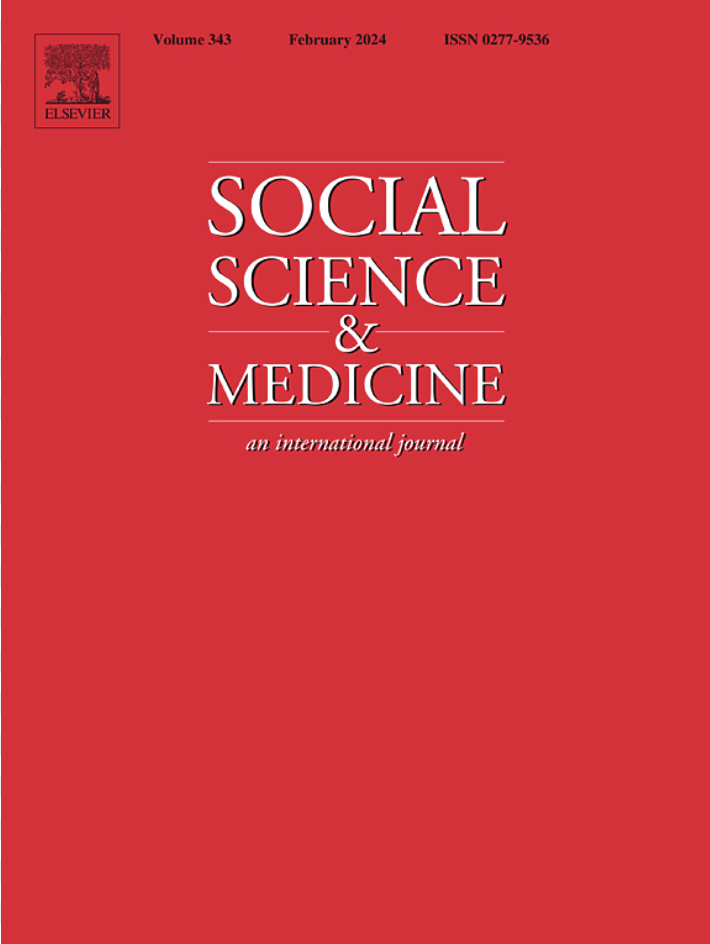Post
Published on February 26, 2024
Dahdaleh Institute members Raphael Aguiar, Roger Keil, and Mary Wiktorowicz published a ground-breaking paper offering a new perspective on AMR governance, leveraging Urban Political Ecology (UPE) as a transformative urban lens to identify under-exposed urban dimensions of AMR and its interconnected threats. In this article, the authors highlight how UPE illuminates the socio-ecological processes driving AMR, framing it within urbanization approaches and unveiling its connections to environmental threats and underlying structural dimensions.
Key Insights:
- Explores how urbanization shapes social, political, and environmental co-determinants of AMR and other Global Health threats;
- Highlights synergies between UPE scholarship and One Health approaches, revealing under-exposed links between AMR and environmental threats;
- Uncovers shared governance pathways for AMR and environmental issues, paving the way for more equitable and sustainable solutions to One Health threats.
Implications:
In mobilizing the urban dimension of Global Health in innovative and productive ways; the paper offers practical insights for policymakers and practitioners. Integrating UPE into AMR governance would foster collaborative, equitable, and effective strategies to tackle global health threats in a systemic manner.
Aguiar, Raphael, Keil, Roger, & Wiktorowicz, Mary (2024). The urban political ecology of antimicrobial resistance: A critical lens on integrative governance. Social Science & Medicine, 116689. https://doi.org/10.1016/j.socscimed.2024.116689
Themes | Global Health & Humanitarianism |
Status | Active |
Related Work |
N/A
|
Updates |
N/A
|
People |
Mary E. Wiktorowicz, Associate Director - Active
Roger Keil, Faculty Fellow, Faculty of Environmental and Urban Change - Active Raphael Aguiar, Postdoctoral Research Fellow, Global Health & Humanitarianism and Planetary Health - Active |
You may also be interested in...
Recap — Utilizing Academic Research to Support Real-Time Decision-Making in Health and Humanitarian Crises
On November 30th, Dr. Ahmad Firas Khalid delivered an interactive seminar about how the Canadian Red Cross makes decisions using scientific, real-time evidence amidst health and humanitarian crises. Twenty-six participants discussed the Red Cross' involvement ...Read more about this Post
Recap – Advancing Patient-Centered Tuberculosis Care in Resource-Limited Settings
On January 17, 2024, Dr. Charity Oga-Omenka, an assistant professor at the University of Waterloo, presented her research on global public health, healthcare access, and health services research, focusing on infectious diseases such as tuberculosis ...Read more about this Post
Applications Open for the Humanitarian Water Engineering Online Intensive Course Fall 2024
The Humanitarian Water Engineering Intensive Online Course is a comprehensive 12-week program beginning in September 2024 with a specialized focus on safe water supply in humanitarian emergencies. The course will cover topics such as water ...Read more about this Post

